 Law360, Miami (November 13, 2017) — After a decadelong push to set up a Florida Bar board certification program for international litigators and arbitrators, the state’s Supreme Court has approved the new program, which practitioners say will help bolster Miami’s position as a growing international arbitration hub.
Law360, Miami (November 13, 2017) — After a decadelong push to set up a Florida Bar board certification program for international litigators and arbitrators, the state’s Supreme Court has approved the new program, which practitioners say will help bolster Miami’s position as a growing international arbitration hub.
In an opinion released Thursday, the Florida Supreme Court approved the proposal from The Florida Bar’s International Law Section to create a board certification program for international litigators and arbitrators, which will be the first of its kind in the U.S., according to Gary Davidson of Diaz Reus LLP, who chairs the committee that put the proposal together.
The move is the latest in the international arbitration community’s efforts to position Miami as an attractive place for foreign companies to resolve their disputes.
“We’ve arrived,” Davidson said. “New York, London, DC — those are always the heavyweights. We don’t want to be even with them. We want to go ahead of them, and this is one more step to achieving that goal.”
Davidson said the board certification is important because it signifies to the public that an attorney has developed expertise in a particular area. He expects the certification will be popular in the growing international arbitration area.
“It’s a real niche practice, and when you have a niche practice, people want that level of recognition, and they should be able to get it,” he said. “That was why we pushed this program to go forward because of the demand and the interest of people who practice in this area to have the ability to get certified.”
To meet the requirements for board certification, practitioners will have to have a significant amount of experience and will have to submit references of arbitrators, judges and opposing counsel. Practitioners also will need to show that they have completed a certain number of hours of continuing legal education in the particular area. Finally, practitioners will have to take a lengthy exam.
In Thursday’s opinion, the high court also signed off on another rule change proposed by The Florida Bar’s International Law Section, one that will allow foreign attorneys to work as authorized in-house counsel for companies in the state.
Under the previous rules, only U.S.-admitted attorneys could be in-house counsel, but companies often have foreign lawyers in-house if they are doing lots of foreign business. Those attorneys would have run the risk of being subject to Florida Bar prosecutions for
practicing law without a license, according to Ed Mullins of Reed Smith LLP, who shepherded the new provision through the rule change process.
He said the risk of prosecution was low but still there.
“This gives the opportunity for somebody engaged in the practice of law to become authorized,” Mullins said. “The bar is not something you want to mess around with, and until Friday there really was no road to do it.”
The rule change also protects communications between these in-house foreign attorneys and their companies in the event of litigation, when opposing counsel can take aim at communications between the foreign attorney and his or her employer by saying that they are not privileged because the attorney is not authorized to be in-house counsel.
Mullins said that companies could still argue that the communications are privileged, but that there is always a risk a court will disagree.
“A lot of companies don’t realize it’s an issue,” Mullins said. “The people don’t see it’s an issue until they get stuck in a lawsuit. That’s why it’s really important. It really protects privilege.”
He added that the rule change will free up businesses to hire the people they need to properly advise their businesses.
“If somebody from New York can be an in-house counsel, why can’t someone from Brazil, assuming they’re focused on Brazilian law?” Mullins said. “It’s really a good thing for business, because it allows them to hire the right people for the right job and not just make do with somebody.”








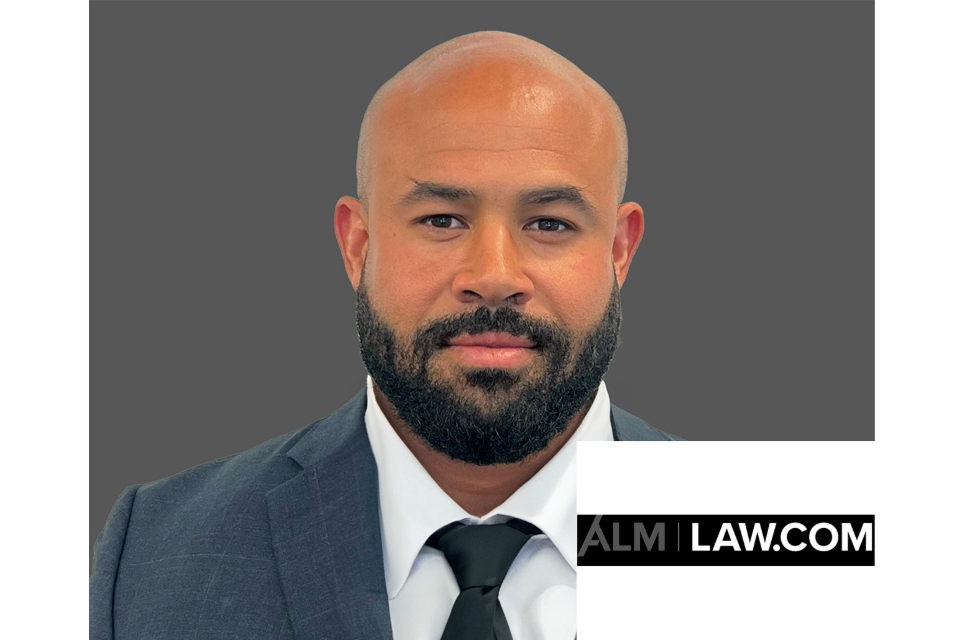



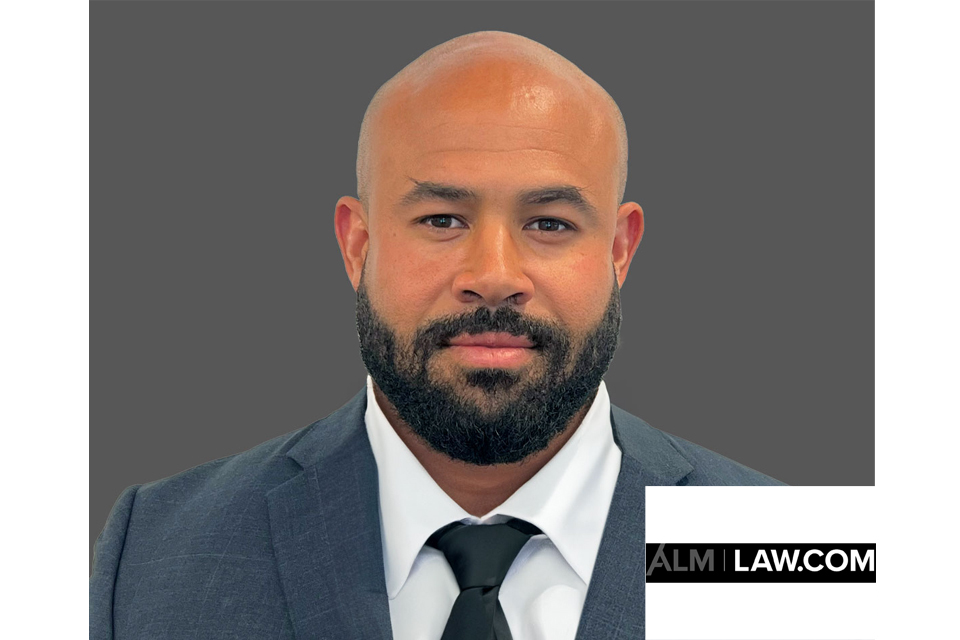

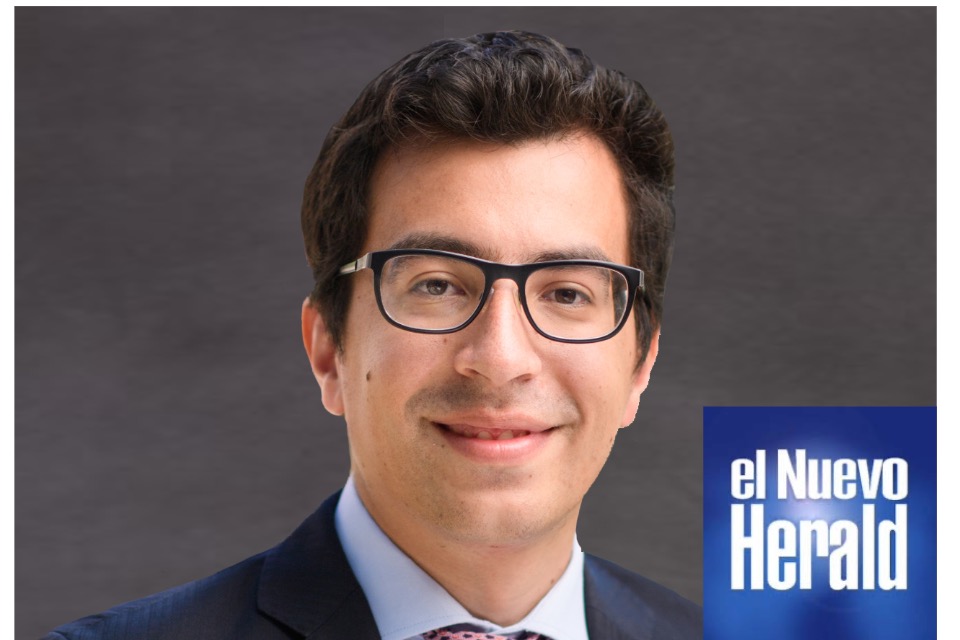




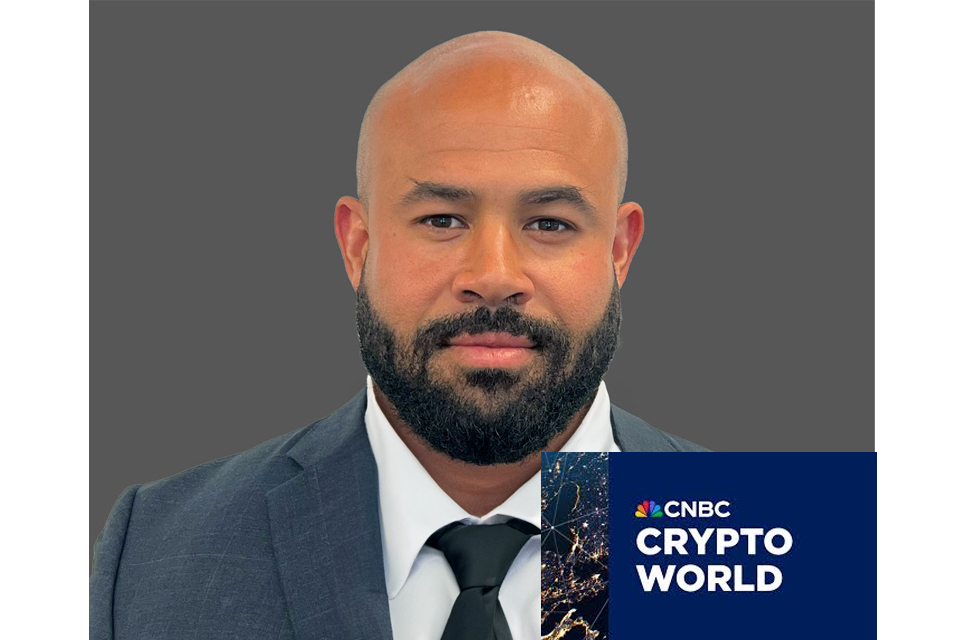



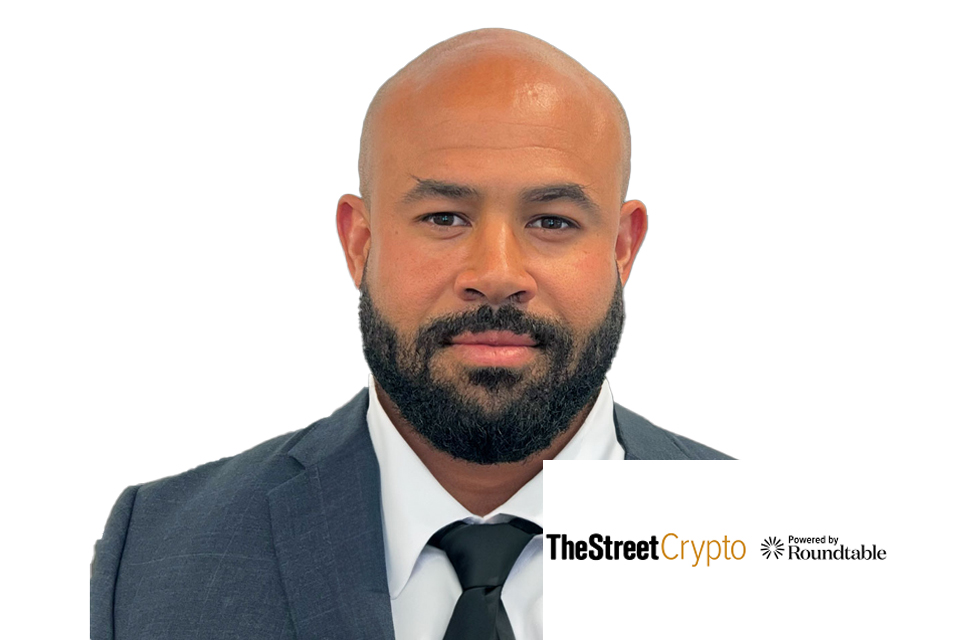













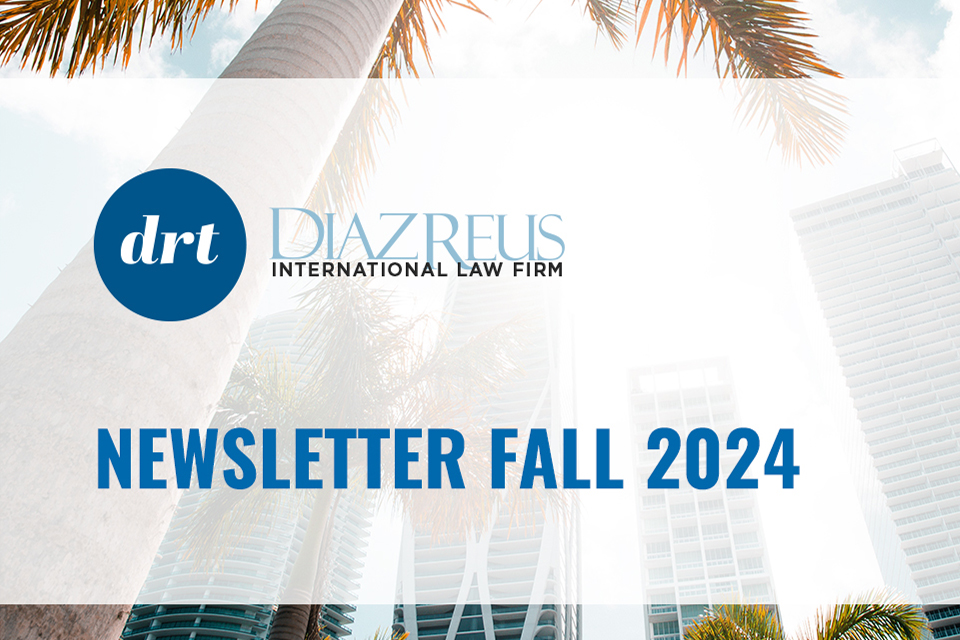





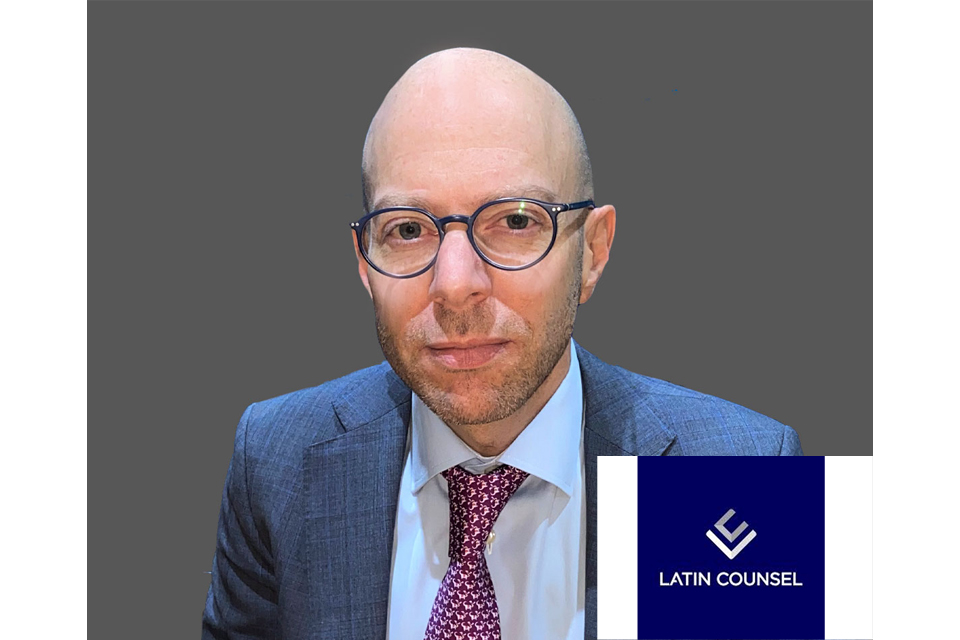


































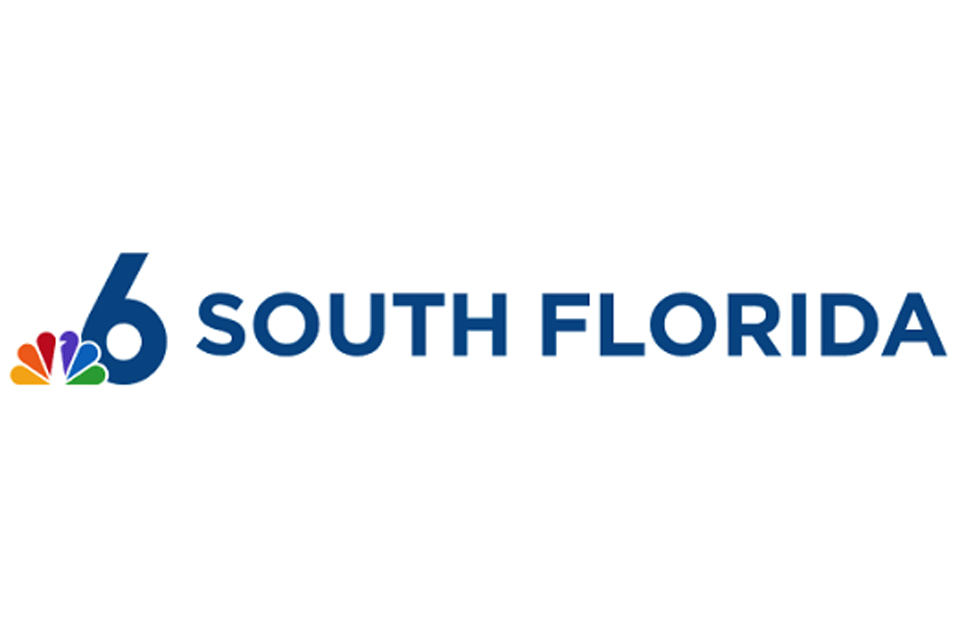


![Especial abogados Salón de la Fama[61] 4](https://diazreus.com/wp-content/uploads/2023/06/Especial-abogados-Salon-de-la-Fama61-4-2-pdf.jpg)





























































































































































































